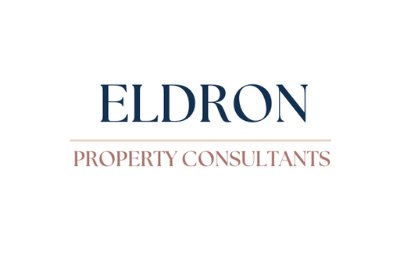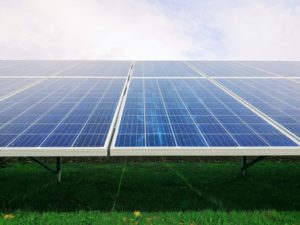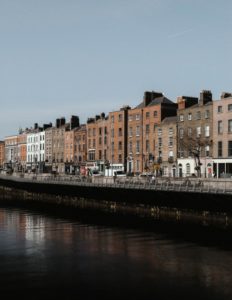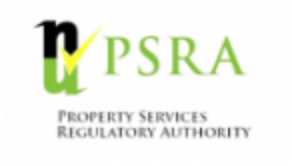Natural resources and elements such as solar, hydro, and wind generate renewable energy. Utilising these resources reduce or eliminate our reliance on non-renewable, environmentally damaging resources such as oil and gas. The necessity to reduce our emissions and overuse of fossil fuels is imperative.
Utilising some of these energy sources requires batteries. This creates a huge amount of negative emissions. However, the batteries will create clean energy and work to offset the initial environmental costs of their own production, as well as the non-renewable energy resources they will be replacing.
Changing to renewable energy resources in the home can be costly, however, there are a number of grants available. As well as this, switching to cleaner sources of energy can be more cost-effective in the long run.
Solar Panels
Solar panels are a great way of creating clean energy without the need for too much space or upkeep. They can be installed on the roof of the property. For those with more space, solar panels can be placed on a frame on the ground. This option is suitable if the house does not get much direct sunlight.
There are two types of solar panels available. Solar photovoltaic (PV) modules generate electricity. Whereas solar thermal collectors generate hot water. It is currently the one of the most convenient ways of generating renewable energy for the home/domestically. The Sustainable Energy Authority of Ireland (SEAI) provides grants for installing solar panels to the home. However, it should be noted that there are two separate grants for each type of solar panel.
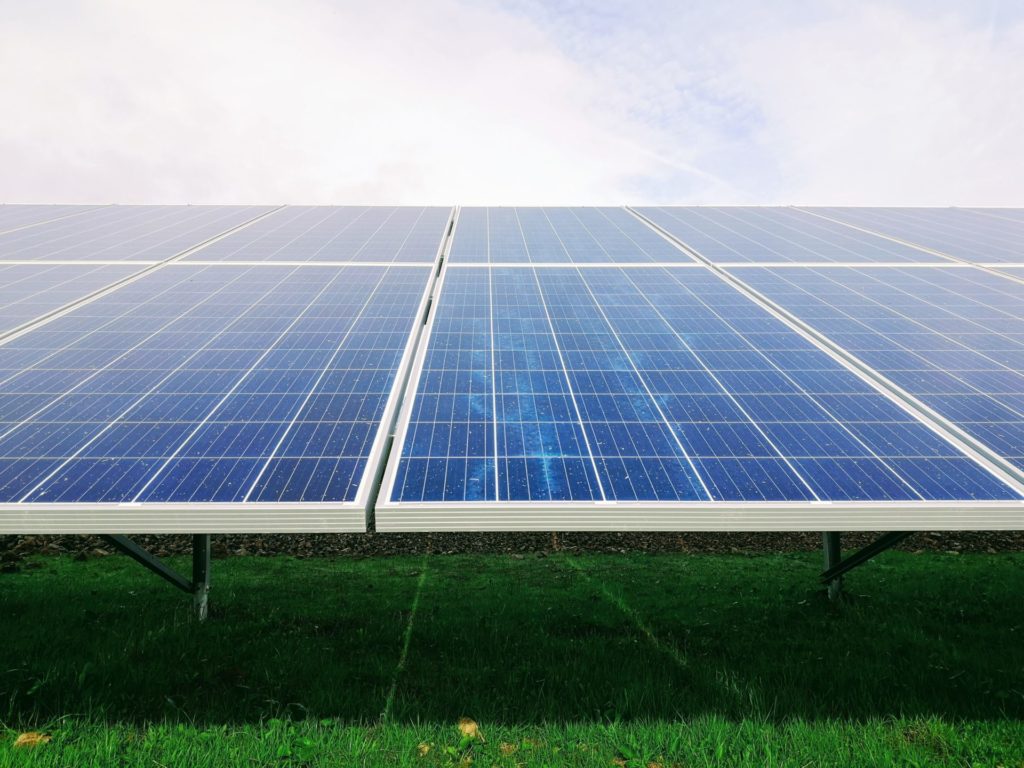
Grants Available
There is a grant for Solar Photovoltaic panels that provide energy to the home. Houses built before 2011 are eligible. SEAI also say that following the installation of solar panels, the energy performance of the house must be at least a BER: C. A mandatory BER assessment must take place after the installation to confirm this.
The grant value has changed since December 2019. Now eligible houses can receive a €600 grant towards battery storage, and €900 per kWp (up to 2kWp) for the solar panels. Any additional kWp (up to 4 kWp) is eligible for an additional €300, with the total grant value capped at €2,400.
A registered SEAI solar PV company must carry out the installation. The solar panels will need to be connected to the electricity network. The installer applies to the ESB for this connection before installing the panels. As with all of the grants provided by the SEAI, it is imperative to check their guides and eligibility forms available on their website.
The Solar Water Heating Grant covers solar thermal collectors on homes built before 2011. The grant value for installing these panels is €1,200. This is paid out on the basis that you have installed enough panels to fully supply hot water to all potential occupants in the home. You are required to get planning permission if the total area of the panels exceeds 12m², or 50% of the total area of the roof. The SEAI recommend that a registered contractor completes a compliance check prior to starting any works. This will ensure that the works will be within the SEAI guidelines, and therefore the grant can be paid.
Things to Consider
There are multiple factors to take into consideration prior to getting solar panels.
- The roof must be stable enough to support heavy panels
- Solar panels will produce more energy on a south-facing roof
- Panels produce solar energy during daylight hours, when most people are not at home
- Installation is a considerable expense. National electricity providers are not under any obligation to pay you for any excess electricity produced by your solar panels that goes to the grid
It is important to weigh these factors against the positives:
- Consider the grants currently available to help cut costs of purchasing and installation
- Battery packs are available that can store electricity produced during the day for use in the evenings and mornings. These are expensive, but allow you to make better use of the solar panels, therefore saving more money on bills
- Solar panels improve the BER rating of your property, adding value to the home
- Using renewable energy in the home cuts down on harmful greenhouse gas emissions
- Reductions in heating/electricity bills (average of €200-€300 each year)
Alternative Renewable Energy Resources
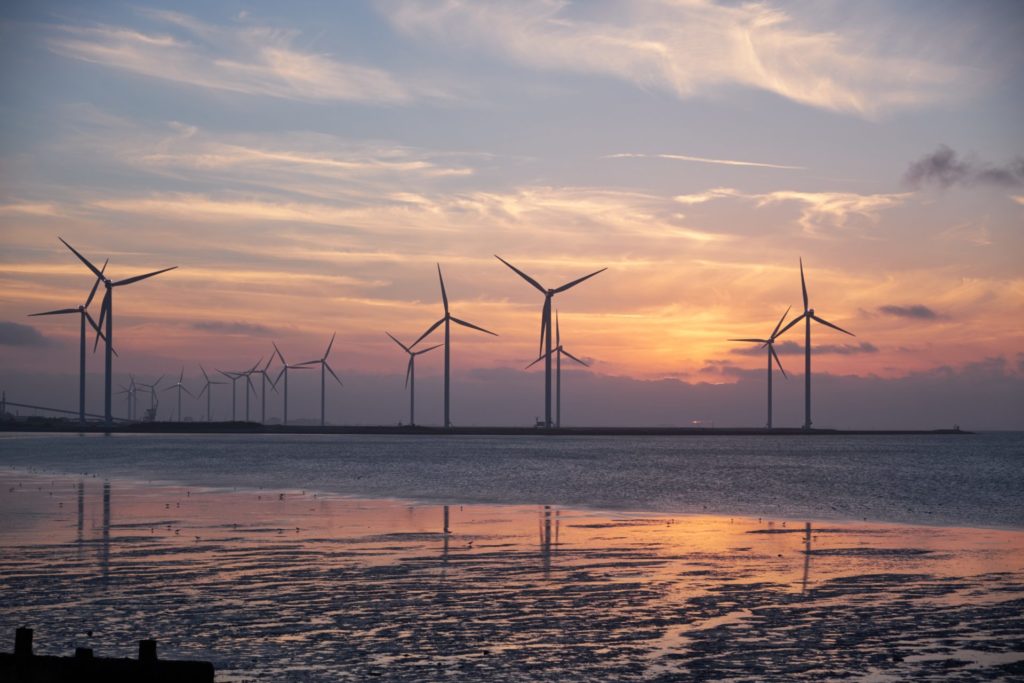
Both wind and hydroelectricity are both potential solutions to generating renewable energy for the home. However, they are more suitable for commercial purposes than domestic.
Wind farms generate energy for the national grid. According to the Irish Wind Energy Association’s report, wind energy accounted for a total of 29% of Ireland’s energy use in Quarter 3 of 2019. Four new wind farms were built and five more were granted planning permission in this report as well.
Hydroelectricity is generated on rivers. The SEAI’s 2018 Energy in Ireland report states that only 2.4% of the electricity used in Ireland in 2017 was produced by hydropower. Wave and tidal energy is another method of harnessing power from the movement of water. According to the Marine Institute, the water around Ireland (especially the Atlantic Ocean to the west) provides us with great potential to generate copious amounts of renewable energy. They say that wave energy has the capacity to supply 75% of the country’s electricity requirements.
There is work being done to change our reliance on burning fossil fuels to generate electricity on a country-wide scale. However, if you are in a position to do so, individual efforts such as installing solar panels will always have a positive influence to this effort.
Through our buying service, we can search for a property with upgrades in mind. We can also help you get quotes for any potential works required on the property, including works to add renewable energy sources. If you are looking to purchase a property, why not book a free consultation with us to see if we are the right company for you?
